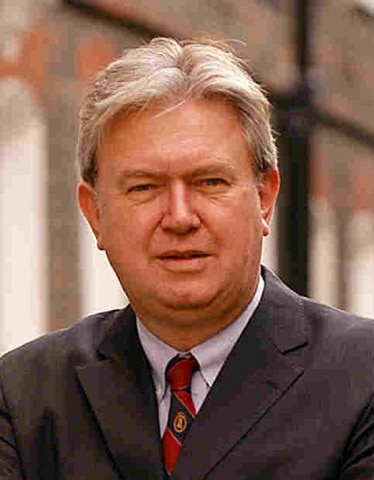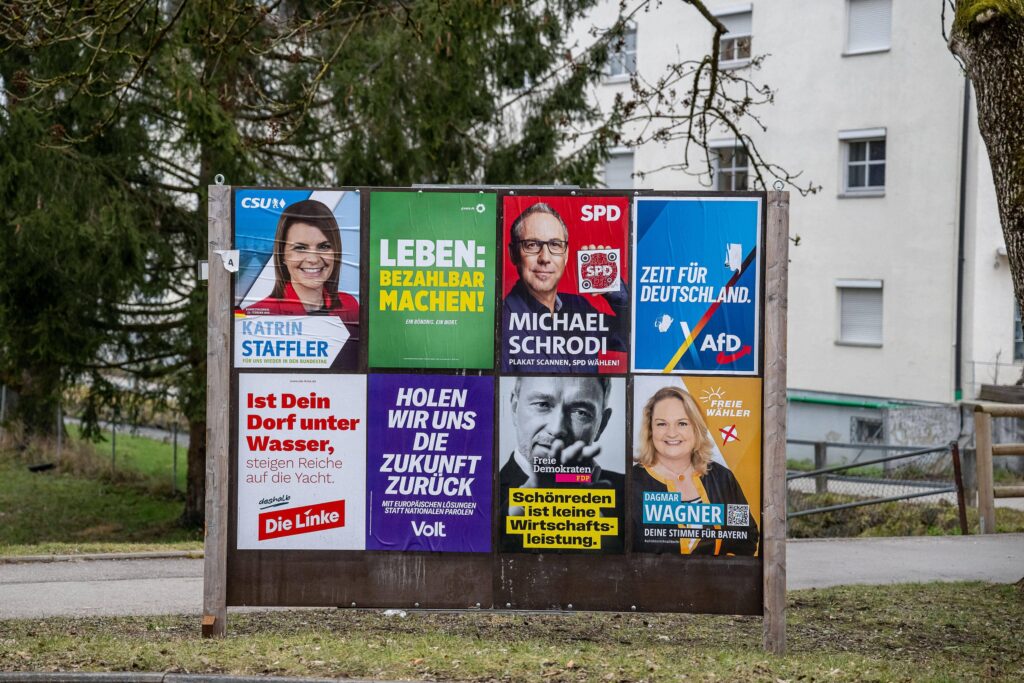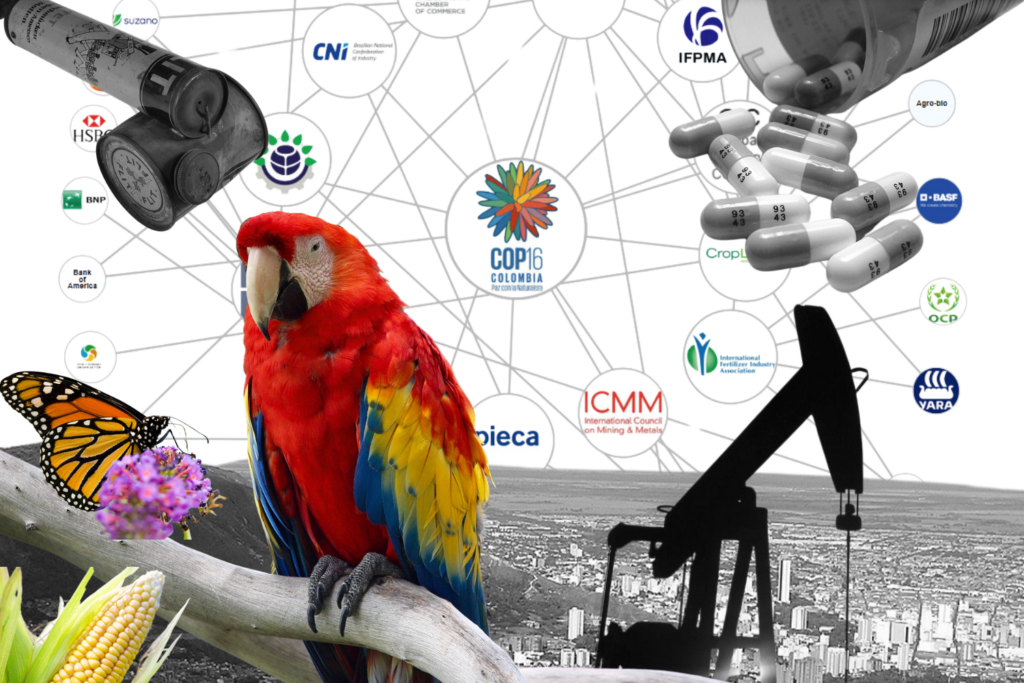Climate denial was imported from the United States to Britain by a free market idealist employed by the billionaire oil baron Charles Koch. DeSmog UK tells their story for the first time in a two-part longread from our epic history series.
John Blundell was an idealist. A curious, unassuming and softly spoken conservative. When a sixteen-year-old school student living in a three-storey semi-detached house in the affluent suburbs of Congleton, Cheshire, his father handed him an Institute of Economic Affairs (IEA) pamphlet: “I was sitting up in bed, it was 1969 when I was trying to decide on A levels.
“My dad was on the agricultural economy faculty at Manchester University and went to the library and brought home a pile of things to make sure I knew what I was doing,” Blundell told me just months before he passed away. “I was already leaning toward the market philosophy.”
Blundell studied economics at the London School of Economics where be became an active supporter of the IEA and a lifelong devotee of Thatcher.
Through his work at the institute he learned about the American free market think tanks founded by Antony Fisher and financially supported by Koch.
Blundell flew out to the United States to attend the South Royalton Conference around the time of his graduation in the summer of 1974. The event would attract a new generation of ideological adherents to libertarianism, many of whom would influence world affairs.
One delegate recalled: “I met several of the Austrian luminaries for the first time and I was blown away by how seriously the youthful audience took theoretical controversies.”
Another remembered: “Milton Friedman even showed up to deliver an evening lecture. That conference was a major event in the recovery of the Austrian economics movement.”
Radical Thought
The event was hosted by the Institute for Humane Studies (IHS), which had been founded by the free market advocate Floyd Arthur “Baldy” Harper with Fisher’s support.
The conference was funded by Charles Koch, who was also a major donor to the IHS. Koch was represented at the event by George Pearson who was looking for new, young talent and free market initiatives he could fund.
And so, Blundell discovered the world of heavily financed, powerful free market think tanks where he would establish his intellectual and spiritual home and become a powerful member of this small community. It wasn’t long before he would return to the United States.
“John Blundell had come to the IHS for the summer from England after attending the first Austrian economics conference at South Royalton,” Leonard Liggio, its director would record.
Blundell would soon be adopted into the free market family. Koch would undoubtedly be a father figure, providing financial and intellectual support. But this new relationship was fraught with danger as his new family was as susceptible to rivalries, controversies and dramatic fallings out as any other.
Koch here was king of everything and his judgement could be as cruel as it could sometimes be kind.
Llewellyn Rockwell Jr attended the South Royalton Conference alongside Blundell and had also been taken under Koch’s wing, for a time. “In the early eighties, Charles Koch monopolised the libertarian think-tank world by giving and promising millions,” he recalled.
Eternal Enmity
Rockwell and his close friend Murray Rothbard landed funding to set up an institute to promote the radical economics of Ludwig von Mises, the economist from Vienna who first convinced Hayek of the dangers of socialism.
But before long Koch was “gradually edging away from radical thought” and would turn on his two young disciples: “It was clear that Koch saw their break as the beginning of a long war,” Rothbard claimed.
Pearson, Koch’s right-hand-man, called Rockwell one day and told him that Mises was now considered “so extreme, even Milton Friedman doesn’t like him”.
The advice from the top was the think tank should be shut down: “If I insisted on going against their diktat, they would oppose me tooth and nail”, Rockwell was warned.
Koch, or his men, imposed a “boycott”. Over the coming weeks and months the Mises Institute was subjected to angry calls and letters from Koch-funded organisations. “They resigned and swore eternal enmity. We even lost some big donors. It was my baptism of fire into the world of research institutes,” Rockwell added.
“It may seem absurd to talk about this as if it were some sort of conspiracy against the Mises Institute. Why would a multibillionaire care if the institute existed or not? I mean, we were the gnat compared to his water buffalo. It is a mystery that even today I don’t entirely understand. In any case, there was blood all over the place by the time it was over.”
Blundell would have to act carefully if he were not to displease his new sponsor.
Read Part 2… Blundell: The Missing Link Between Oil Baron Charles Koch and British Climate Denial
Photo: Creative Commons
Subscribe to our newsletter
Stay up to date with DeSmog news and alerts







